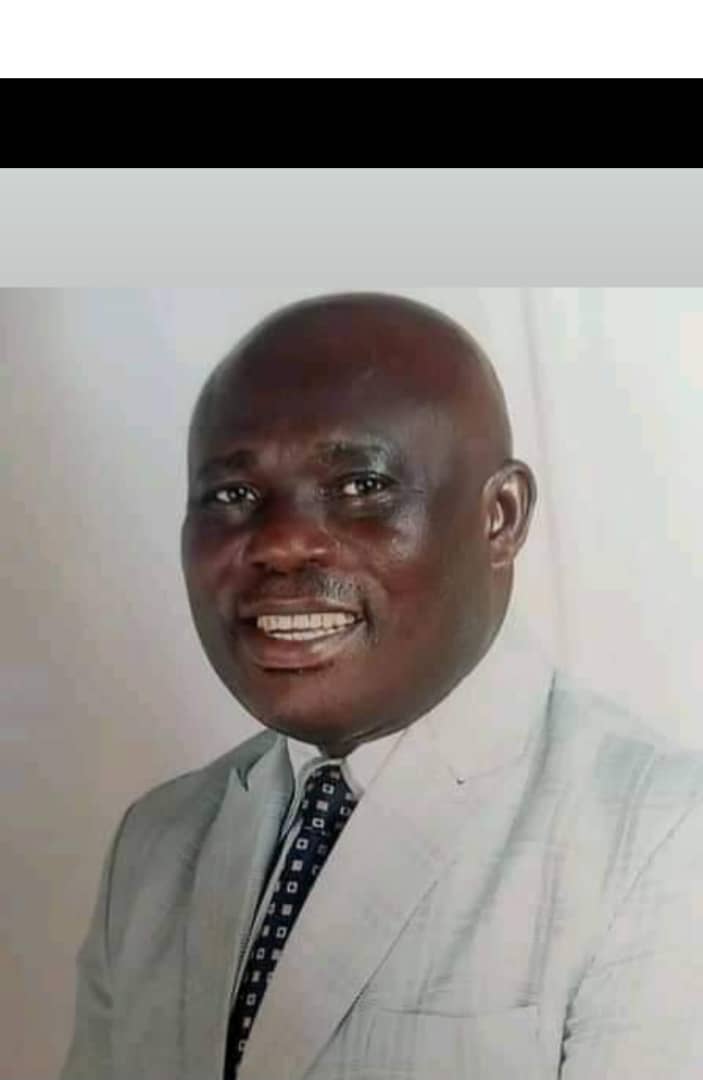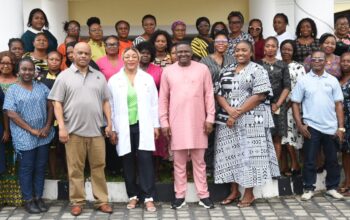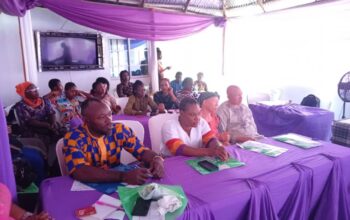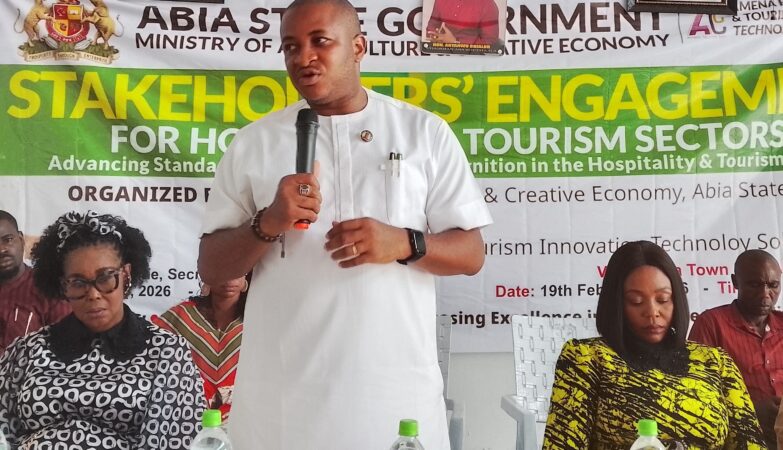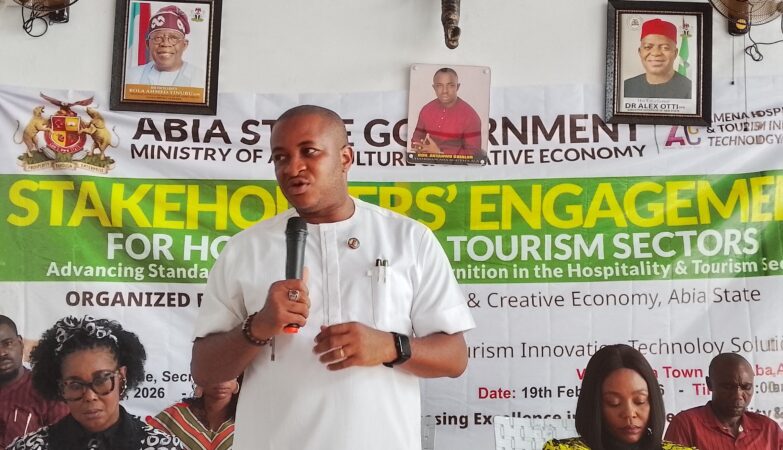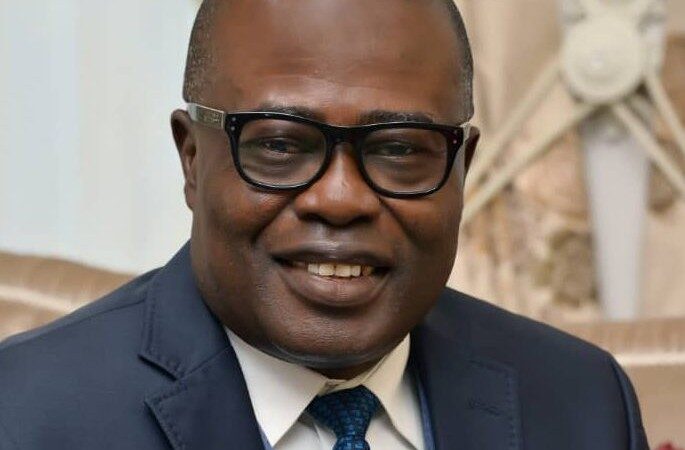A medical expert has called on global leaders and citizens to boldly recognize and address the inequalities which are holding back progress in ending AIDS and equalizing access to essential HIV services.
This call is coming as the world marks this year’s Aids day with the theme “Equalize”
World AIDS Day is commemorated each year on the 1st of December to create an opportunity for every community to unite in the fight against HIV and show support for people living with HIV as well as remember those who have died.
The global HIV response is in danger, even as HIV remains a major public health issue that affects millions of people worldwide. Over the last few years, progress toward HIV goals has stalled, resources have reduced and millions of lives are at risk.
In an interview with the Project manager State agency for the control of Aids, SACA Dr. Ogbonna Okechukwu Ehiemere called on global leaders and citizens to boldly recognize and address the inequalities which are holding back progress in ending AIDS and equalize access to essential HIV services
He noted that stigma
Division, disparity, and disregard for human rights are among the failures that allowed HIV to remain a global health crisis and charge all to join hands in the fight to eradicate HIV come 2023.
His words “Every year on the first of December every year we do a program to commemorate HIV programs in every state .
We are still supposed to do it in local places we have what we call LACA it controls AIDS at the local government level .
The LACAS are not effective because of lack of funds. We have health sectors and non health sectors we directly control and regulate the non health sectors.
The health sector is controlled by the ministry of health in the state.
We want to esure that equal access and equal show of love is given to every member of the community with HIV/AIDS”.
Dr Ehiemere further stressed that the major problem of HIV response in Nigeria is the issue of funding as the agencies are making efforts to ensure the availability of free drugs for carriers to reduce the spread of the Virus.
However, Inequalities persist for the most basic services like testing and treatment.
Therefore, stakeholders must ensure that everyone, everywhere has equal access to HIV prevention, testing, treatment, and care.

